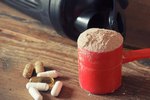Men's Health
Male Enhancement, How to Get an Erection, Increase Sperm Volume, Penis Enlargement, Premature Ejaculation, ...All Men's Health Men's Health
Women's Health
Breast Enhancement, Female Libido Enhancement, Female Sexual Arousal, ...All Women's Health Women's Health
Acne & Skin Care
Acne Treatment, Boils Treatment, Rosacea Treatment, Skin Pigmentation, Stretch Marks, Varicose Veins, ...All Acne & Skin Care Acne & Skin Care
Digestive & Urinary Systems
Constipation, Diarrhea, Hemorrhoid, Irritable Bowel Syndrome, Sensitive Digestion, ...All Digestive & Urinary Systems Digestive & Urinary Systems
Weight Loss
Blocking Carbs and Fat, Body Detoxification, Boost Metabolism, Fat Burning, Increase Energy Levels, Obesity Treatment, Suppressing AppetiteSports and Fitness
Improve Sports Performance, Increase Endurance, Increase Strength, Muscle Building Supplements, Muscle Recovery, Weight Gainers, Workout IntensityMental Health & Neurology
Anxiety, Bad Mood, Chronic Fatigue Syndrome, Depression, Insomnia, Memory Loss, Neuropathy, Obsessive-Compulsive Disorder, Stress, ...All Mental Health & Neurology Mental Health & Neurology
Beauty & Well-being
Bad Breath, Brittle Nails, Eyelash Growth, Gray Hair, Hair Removal, Nail Fungus, Teeth Whitening, Tattoo RemovalAdd to Bookmarks
10 Best Natural Supplements for Muscle Gain and Muscle Growth
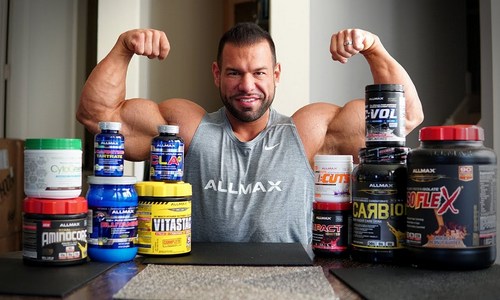 Food supplements are sometimes sold as the quick fix to gain weight. It should not be considered as such because we know that no legal product will make you build 5 pounds of muscle in 1 month.
Food supplements are sometimes sold as the quick fix to gain weight. It should not be considered as such because we know that no legal product will make you build 5 pounds of muscle in 1 month. However, some supplements are still effective and can give you the little boost that will optimize your quest for muscle mass.
We have compiled the top 10 natural supplements for muscle growth. The list is sorted in order of priority, starting from most essential to least important.
Take a look at this list of the top supplements for muscle gain:
The Role of Nutrition in Muscle Growth
Proper nutrition is the foundation of effective muscle gain and growth. While supplements can boost progress, they cannot replace a diet that provides the energy and raw materials needed for building new muscle tissue. Without enough calories, protein, and essential nutrients, the body cannot repair and grow muscles after exercise.Protein-Rich Foods
Protein is the key nutrient for muscle repair and growth. High-quality sources such as chicken, turkey, fish, lean beef, eggs, dairy, legumes, and tofu supply essential amino acids that act as building blocks for muscle fibers. Consuming protein at regular intervals throughout the day ensures a steady supply for recovery and strength development.Carbohydrates for Energy
Carbohydrates provide the energy muscles need during training. Whole grains, oats, brown rice, sweet potatoes, fruits, and vegetables are excellent sources that fuel workouts and restore glycogen stores afterward. A well-balanced carbohydrate intake prevents fatigue and supports consistent training performance.Healthy Fats for Hormonal Support
Healthy fats are essential for hormone production and recovery. Sources like avocados, nuts, seeds, olive oil, and fatty fish support testosterone and growth hormone levels, which are directly linked to muscle building. Including these fats also helps reduce inflammation and improve joint health.Micronutrient Support
Vitamins and minerals play a vital role in muscle function and recovery. Key nutrients such as Vitamin D, calcium, magnesium, and zinc help with muscle contraction, energy metabolism, and tissue repair. A varied diet rich in vegetables, fruits, and whole foods ensures adequate intake.Micronutrients That Support Muscle Growth
Micronutrients are essential for muscle function, energy production, and recovery. While they do not provide calories or act as building blocks like protein and carbohydrates, they regulate many processes that allow muscles to perform and grow effectively. Deficiencies in key vitamins or minerals can limit strength, slow recovery, and reduce overall progress.- Vitamin D plays a major role in muscle strength and performance. It supports calcium absorption, which is crucial for muscle contractions and bone health. Low levels of Vitamin D have been linked to muscle weakness and slower recovery. Sun exposure, fatty fish, and fortified dairy products are natural sources of this important vitamin.
- Magnesium is vital for energy metabolism and muscle relaxation. It helps convert food into usable energy and prevents muscle cramps during exercise. Nuts, seeds, leafy greens, and whole grains are rich in magnesium and should be part of a muscle-building diet.
- Zinc supports protein synthesis and hormone production. Adequate zinc intake contributes to healthy testosterone levels, which are closely tied to muscle growth and recovery. Meat, shellfish, legumes, and pumpkin seeds provide good amounts of zinc.
- Calcium is necessary for strong muscle contractions and bone support. Without enough calcium, muscles cannot contract properly, which may reduce workout performance. Dairy, almonds, and dark leafy greens are excellent dietary sources.
10 Best Supplements for Muscle Gain
Whey protein powder
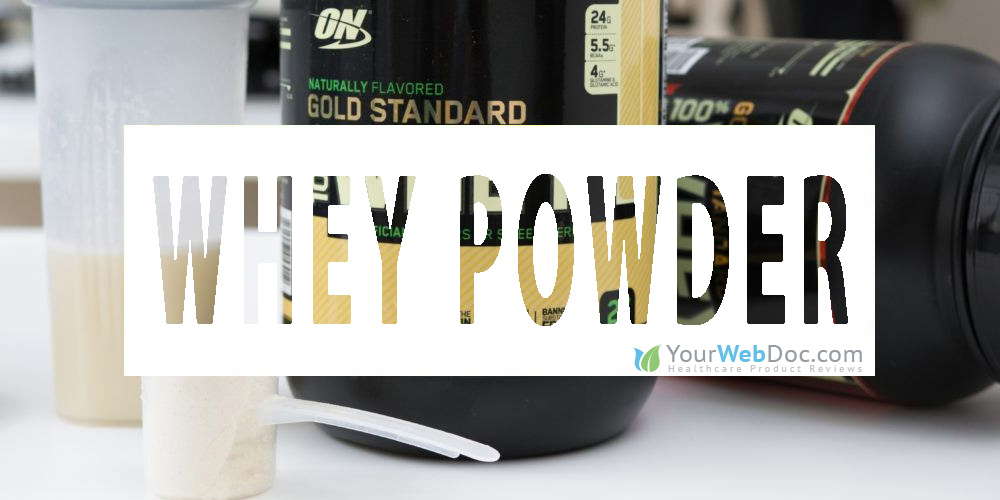
How does whey protein powder work?
Whey is at the top of the list of supplements for muscle gain because it is the most important supplement for increasing synthesis of protein and building muscle mass. Whey is a dairy protein that contains a large amount of branched amino acids (BCAAs, No. 4 in our list).Suggested use
Whey powder should be taken 60 minutes after your workout. If you cannot eat a protein breakfast, you can also take 20 to 40 grams of whey after waking up every morning. It would be best to find this natural supplement for muscle growth that consists of smaller fragments for faster digestion.Casein protein powder
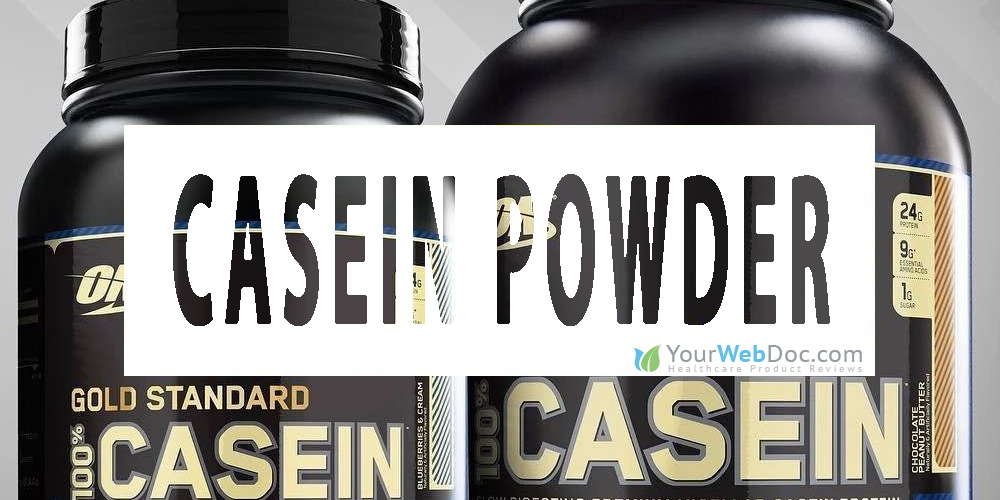
How does casein protein powder work?
Another natural supplement for muscle growth, casein is placed right behind the whey in our list. Casein has always been second because of its very slow rate of digestion. However, it is ideal for a snack before going to bed because it slows down catabolism when you sleep by emptying in a very slow manner.Casein also gives you the feeling of having a full stomach, making it a perfect snack for athletes that want to build muscle. New research has shown that casein gives whey a hard time: when taken after a workout, casein boosts protein synthesis as whey does.
Suggested use
Take 20-40 grams of casein protein that have micellar casein, which is most slowly digesting casein, in the night before going to bed. After a workout, add 10 to 20 grams of casein to your whey protein.Creatine
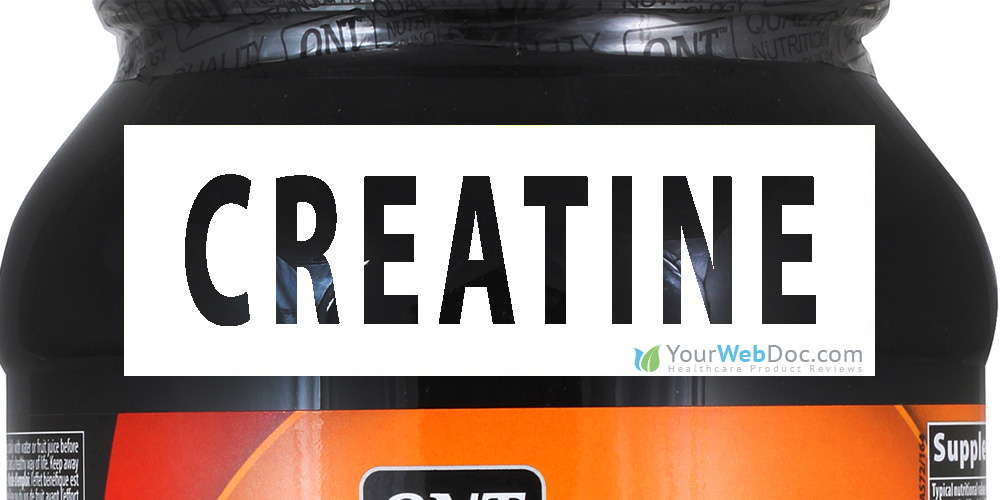
How does Creatine work?
Creatine includes three major amino acids for muscle growth. These are arginine, glycine, and methionine. Creatine helps build muscle mass in many different ways. In particular, it boosts and increases fast energy in muscles that is required to perform rehearsals at the gym.When an athlete has more fast energy, he can do more reps with a given weight. This, in turn, allows them to grow and strengthen in the long term. More recently, creatine has been shown to increase insulin as a growth factor in muscles, which is essential for stimulating growth.
Suggested use
Take 2 to 5 grams of creatine every day in the form of creatine monohydrate at any time of the day. This will help you keep your muscles saturated with creatine and will produce the fast energy they need to achieve more repetitions. You do not need to cycle your creatine intake or to do a loading phase as we sometimes hear.Branched-chain amino acids (BCAA)
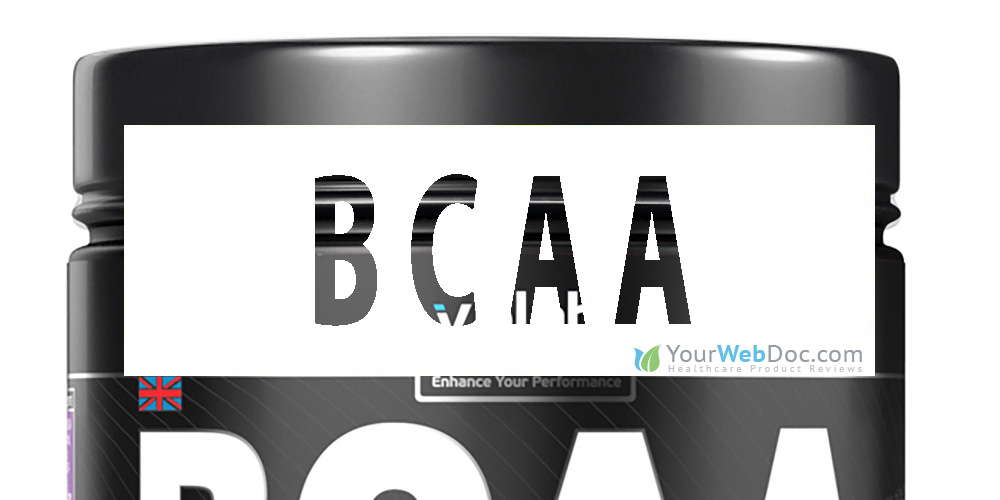
How do branched-chain amino acids work?
The term "branched-chain amino acid" or "BCAA" refers to leucine, isoleucine and valine, the top important amino acids for repairing and developing muscles. Moreover, Leucine is the best of these three. Research has shown that it can stimulate protein synthesis in muscles.However, it is better to ingest all three together because they work synergistically to provide a good deal of benefits, including muscle development, increased muscle energy in the gym, the attenuation of cortisol (a hormone that inhibits testosterone and increases muscle breakdown) and prevents muscle pain.
Suggested use
Take 5 to 10 grams of BCAAs with your breakfast and before and after your workouts. Opt for BCAAs that offer leucine at a ratio of 2: 1: 1 per dose of isoleucine and valine. For example, if you take a dose of 5 grams of BCAAs, about 2.5 grams should consist of leucine, 1.25 grams of isoleucine and 1.25 grams of valine.Beta-alanine and Carnosine
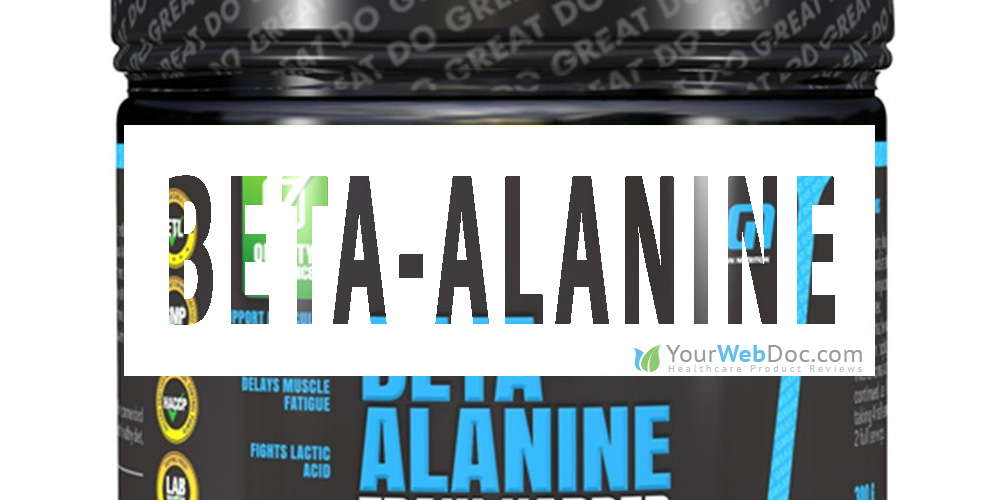
How do Beta-alanine and Carnosine work?
In the body, the amino acid beta-alanine is mixed with histidine, another amino acid, to form carnosine. Studies have shown that when the muscles contained greater levels of carnosine, they were stronger and more enduring. Carnosine seems to improve the ability of muscle fibers to contract with more force, longer and without getting tired.Several studies have shown an increase in muscle strength and power in athletes taking beta-alanine. A recent research found that people who were ingesting beta-alanine and creatine gained more muscle mass and lost more fat than those who took only creatine.
Suggested use
Take 2 grams of beta-alanine or carnosine immediately before a workout. On other days, take 2 grams with your breakfast and creatine.Nitric Oxide Boosters
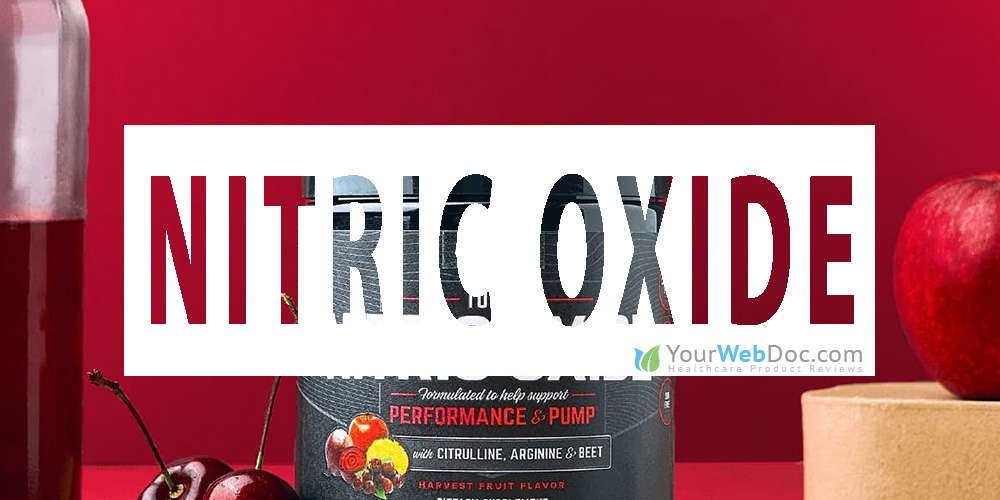
How does Nitric Oxide Booster work?
Nitric Oxide (N.O.) is an element found throughout the body that is involved in many processes. The one bodybuilders are looking for, is the power to dilate the blood vessels, allowing more blood to flow to the muscles to increase the delivery of nutrients, hormones, and water. (The blood is mainly composed of water).This gives bodybuilders more energy during workouts, a muscle boost and better recovery and muscle growth after a workout. Research has shown that subjects who ingest nitric oxide booster have increased muscle strength and development.
Suggested use
Take a Nitric Oxide booster that gives you 3 to 5 grams of arginine (as L-arginine). Also, think of supplements for muscle gain that offer ingredients like citrulline, pycnogenol, and ginseng that improves ability of arginine to increase N.O.Take a dose of each at the following schedule: in the morning before your breakfast, then 30 to 60 minutes before training, right after your workout and 30 to 60 minutes before going to bed. Whenever possible, take Nitric Oxide booster without food and mix it with vitamin C that can help you maintain your N.O. levels longer.
Glutamine
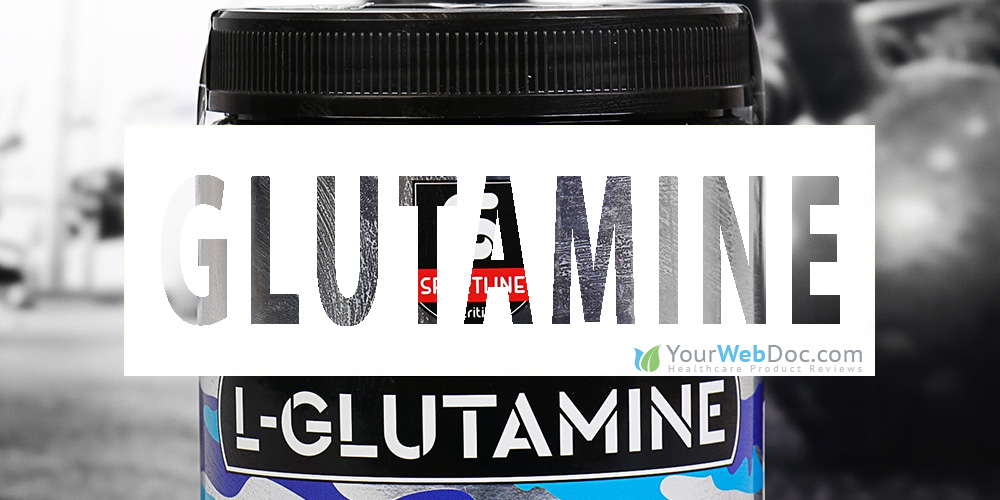
How does Glutamine work?
This amino acid has been the best choice for bodybuilders for years. Glutamine offers many benefits for bodybuilding such as helping muscle growth by boosting the leucine level in muscle tissues, which helps to lower muscle breakdown and strengthens the immune system to prevent diseases.Glutamine is taken before training sessions; it can help reduce muscle fatigue and boost growth hormone levels.
Suggested use
Take 5 to 10 grams of glutamine in the morning for breakfast, in your shakers before and after your workouts and with your evening snack.ZMA
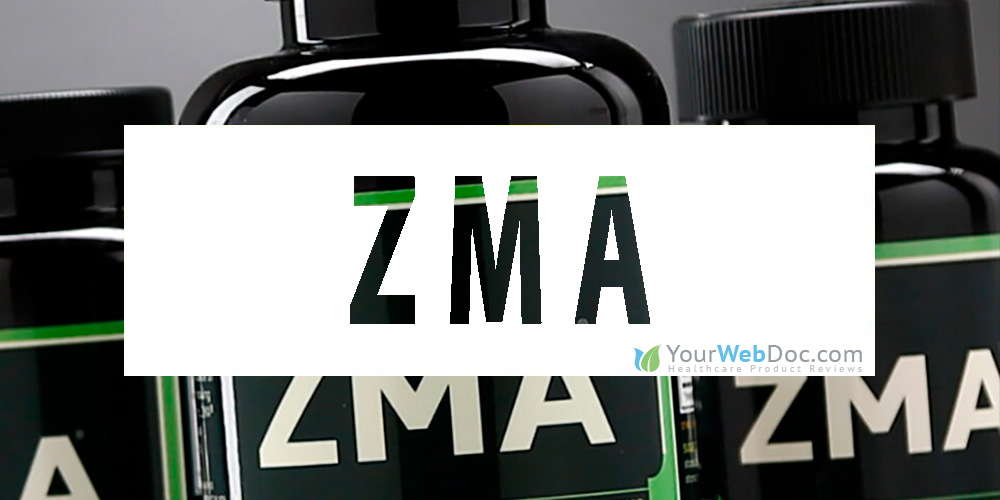
How does ZMA work?
ZMA is a mixture of 2 essential minerals: zinc and magnesium aspartate, in addition to vitamin B6. These are important natural supplements for muscle growth because both athletes and bodybuilders who train hard often lack these essential and important minerals to maintain levels of their hormones and help them sleep and rest - these are important aspects of muscle recovery.Intense workout can compromise testosterone and growth hormone levels. According to scientific researches and studies, bodybuilders who took ZMA supplements significantly increased levels of their testosterone and growth hormone in less than eight weeks. On the other hand, those who took placebo saw decrease of these hormones. Of course, increasing the levels of testosterone and growth hormone can have a very big impact on muscle gain.
Suggested use
ZMA supplement usually includes approximately 30mg of zinc, 450mg of magnesium and 10.5mg of vitamin B6. Take 30 to 60 minutes before going to bed on an empty stomach. If you choose to take ZMA without any food, it will increase its absorption and results. This will also improve the quality of your sleep for best recovery.Carnitine
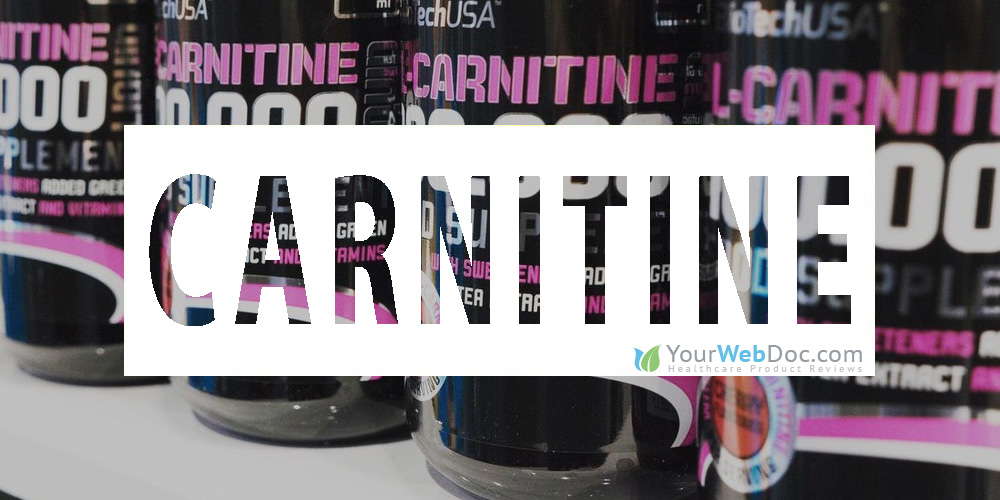
How does Carnitine work?
In addition to being a well-known supplement for slimming and weight loss, carnitine is known to improve muscle development through several mechanisms. This effect has been well researched in different clinical studies.For example, Carnitine is known to increase blood flow to the muscles. As a result of this, it increases levels of testosterone after workouts and the amount of T-receptors located inside the muscle cells. This, in turn, allows a greater amount of testosterone to stimulate more muscle growth. This offers similar benefits to Nitric Oxide boosters. Moreover, carnitine supplements for muscle gain have been shown to increase growth hormone levels, too.
Suggested use
Take 1 to 3 grams of L-carnitine or acetyl-L-carnitine with your breakfast, the shakes you ingest before or after a workout and your dinner.Beta-ecdysterone

How does Beta-ecdysterone work?
It's a phytochemical compound found in plants like spinach. The main function of beta-ecdysterone is to shield plants from insects. Scientists have discovered for several years that beta-ecdysterone has anabolic properties. Its structure is comparable to it of hormones found in insects and crustaceans. However, beta-ecdysterone doesn't behave like a hormone within the body.Natural supplements for muscle growth that contain beta-ecdysterone work by stimulating protein synthesis. Reports counsel that it's extremely effective at increasing the scale and strength of the muscles.
Suggested use
To enjoy advantage of beta-ecdysterone, make sure to take a high dose and take it 2-3 times throughout the day. Take supplements for muscle gain that give at least 100mg of beta-ecdysterone and take them together with your breakfast, before and after your workouts to absorb 400 to 500mg total daily.Hormonal Balance and Muscle Building
The Role of Hormones in Muscle Growth
Hormones are powerful regulators of muscle development, strength, and recovery. They control how the body uses nutrients, repairs tissues, and adapts to resistance training. Balanced hormone levels are essential for steady progress in muscle gain.Testosterone
Testosterone is the primary hormone linked to muscle growth. It stimulates protein synthesis, increases strength, and improves recovery speed after exercise. Healthy levels of testosterone can be supported through strength training, proper sleep, stress management, and consumption of nutrient-dense foods.Growth Hormone
Growth hormone promotes cell repair, fat metabolism, and lean muscle development. It is mainly released during deep sleep, making rest a critical factor in maintaining high levels. Natural stimulation of growth hormone comes from intense workouts, quality sleep, and adequate nutrition.Insulin
Insulin helps transport nutrients into muscle cells where they are used for energy and growth. After workouts, insulin supports glycogen storage and speeds up recovery. Balanced carbohydrate intake paired with protein ensures insulin functions effectively without leading to unwanted fat storage.Natural Ways to Support Hormonal Balance
Lifestyle choices play a major role in maintaining healthy hormone levels. These include:- Regular resistance and strength training
- Sufficient deep and restful sleep
- A diet rich in proteins, healthy fats, and whole foods
- Stress management through relaxation techniques or mindfulness
- Avoiding excess alcohol and processed foods
Risks of Over-Supplementation
Over-supplementation happens when the body receives more nutrients or compounds than it can use. While supplements can support muscle growth, taking them in excessive amounts can stress organs, cause side effects, and interfere with natural body functions. Balance is essential to ensure safety and effectiveness.- Too many supplements can cause digestive discomfort. Common problems include bloating, nausea, diarrhea, and stomach cramps. High doses of protein powders or amino acids may overwhelm the digestive system, leading to poor absorption and discomfort.
- Excessive supplementation can put pressure on the kidneys and liver. These organs are responsible for filtering and processing nutrients. Overloading them with high doses of creatine, protein, or other compounds may increase the risk of kidney stones, liver strain, or long-term damage in sensitive individuals.
- Taking too many supplements can create nutrient imbalances in the body. For example, excessive zinc can interfere with copper absorption, while too much calcium may reduce magnesium levels. These imbalances affect muscle function, energy levels, and overall health.
- Relying on supplements alone can lead to neglect of diet and training. Many people assume that more supplements equal faster results, but without proper nutrition, exercise, and rest, muscle growth will remain limited. Supplements should enhance, not replace, a balanced lifestyle.
Over-supplementation carries risks such as digestive issues, organ stress, nutrient imbalances, and misplaced reliance on pills and powders. Using supplements wisely, in moderation, and alongside a healthy diet and training program ensures safe progress toward muscle growth.
Natural Lifestyle Practices That Boost Muscle Growth
Natural lifestyle practices such as consistent training, balanced nutrition, stress control, recovery routines, and avoiding harmful habits create a strong foundation for muscle growth. Combining these habits with smart supplementation ensures sustainable gains and overall health improvement.- Regular resistance training is the cornerstone of muscle development. Lifting weights or performing bodyweight exercises stimulates muscle fibers to adapt and grow stronger. Training consistently with progressive overload - gradually increasing weight or intensity - ensures continuous muscle gains.
- A structured meal plan supports steady energy and muscle repair. Eating protein-rich foods, complex carbohydrates, and healthy fats throughout the day helps fuel workouts and recovery. Spacing meals every 3 - 4 hours provides a constant supply of nutrients to muscles.
- Managing stress is crucial for maintaining hormonal balance. High stress increases cortisol, a hormone that can break down muscle tissue and slow growth. Relaxation techniques such as meditation, deep breathing, or spending time outdoors reduce cortisol and support recovery.
- Lifestyle recovery methods complement rest days and sleep. Stretching, yoga, foam rolling, and massage improve flexibility, circulation, and joint mobility. These practices help prevent injury and prepare the body for future workouts.
- Certain habits can slow down or even block muscle growth. Excessive alcohol, smoking, and processed food intake reduce energy, impair recovery, and negatively affect hormone levels. Replacing these with healthier choices supports long-term progress.
Best Supplements for Muscle Growth
Discover the most effective natural supplements that can help you build strength, speed up recovery, and support lean muscle growth.Learn More About Muscle Building Supplements
Related Articles
Supplements for High-Intensity Interval Training
Athelets and bodybuilders are always interested to find the most reliable and powerful solution to boost their overall strength and learn how to boost energy before workouts. The fitness experts have also proposed some potential supplements for high-intensity interval training, and they promise increased performance in the long run.
How to Reduce Muscle Pain?
Muscles will hurt after workouts, but there are things that you can do that will help ease this pain. You want to be able to quickly recover from your pain and get back to your everyday life as soon as possible. The pain can vary depending on a variety of factors including hydration and genetics. There are a lot of things that you can do that will help you reduce muscle pain.
How to Strengthen Your Muscles?
Many people want to know how to strengthen their muscles but don't know how to go about the process. There are several ways you can go about this. Strength training takes time and it won't happen overnight. You need to stay dedicated to the process as well and stick to a regular workout routine to see results. Dietary supplements for strength when combined with a diet and good exercise routine produce the best results for the vast majority of individuals.
Last Updated: 2025-09-11

